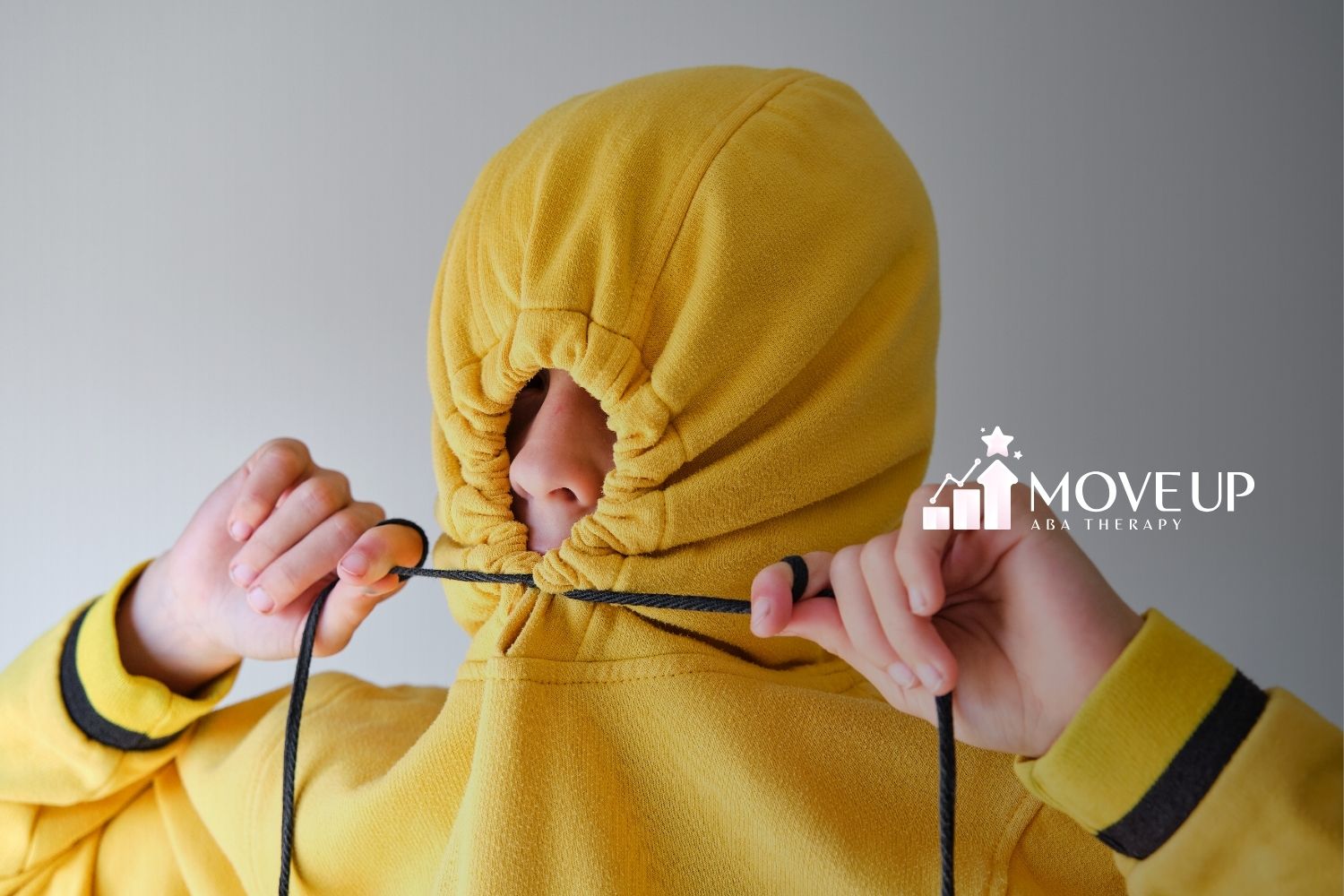Is it autism or just introversion? Determining whether a child is exhibiting traits of autism or simply has an introverted personality can be challenging, as both share similarities in social behavior. However, there are key differences between autism and introversion to consider.
Is It Autism or Just Introversion?
- Social Interaction: Children with autism often have difficulty understanding and responding to social cues, such as body language and tone of voice. They may struggle with back-and-forth conversations and interpreting sarcasm or jokes. In contrast, introverted children may prefer solitude but can engage in social interactions when they choose to do so.
- Emotional Understanding: Autistic children may have challenges in recognizing and expressing emotions, both their own and others’. They might not respond to emotional cues in expected ways. Introverted children, while reserved, typically have a clear understanding of their emotions and can express them appropriately.
- Sensory Sensitivities: Sensory sensitivities are common in autism. Children may be overly sensitive to lights, sounds, or textures, leading to discomfort or meltdowns. Introverted children do not typically experience heightened sensory sensitivities.
Conclusion
While both autism and introversion involve social preferences, autism encompasses a broader range of developmental differences. If you’re uncertain about your child’s behavior, seeking a professional evaluation can provide clarity and guidance.
Concerned about your child’s development? Contact Move Up ABA to schedule a consultation and learn how our personalized ABA therapy programs can support your child’s unique needs.
Frequently Asked Questions (FAQs)
What is high masking autism?
High masking autism refers to individuals who consciously suppress their autistic traits to fit in with social norms, often leading to increased stress and burnout.
What does extroverted autism look like?
Extroverted autism involves individuals who seek social interaction but may still struggle with social cues and sensory sensitivities.
Could I be autistic and not even know it?
Yes, some individuals may not be diagnosed with autism until later in life, especially if they have developed coping mechanisms that mask their symptoms.







